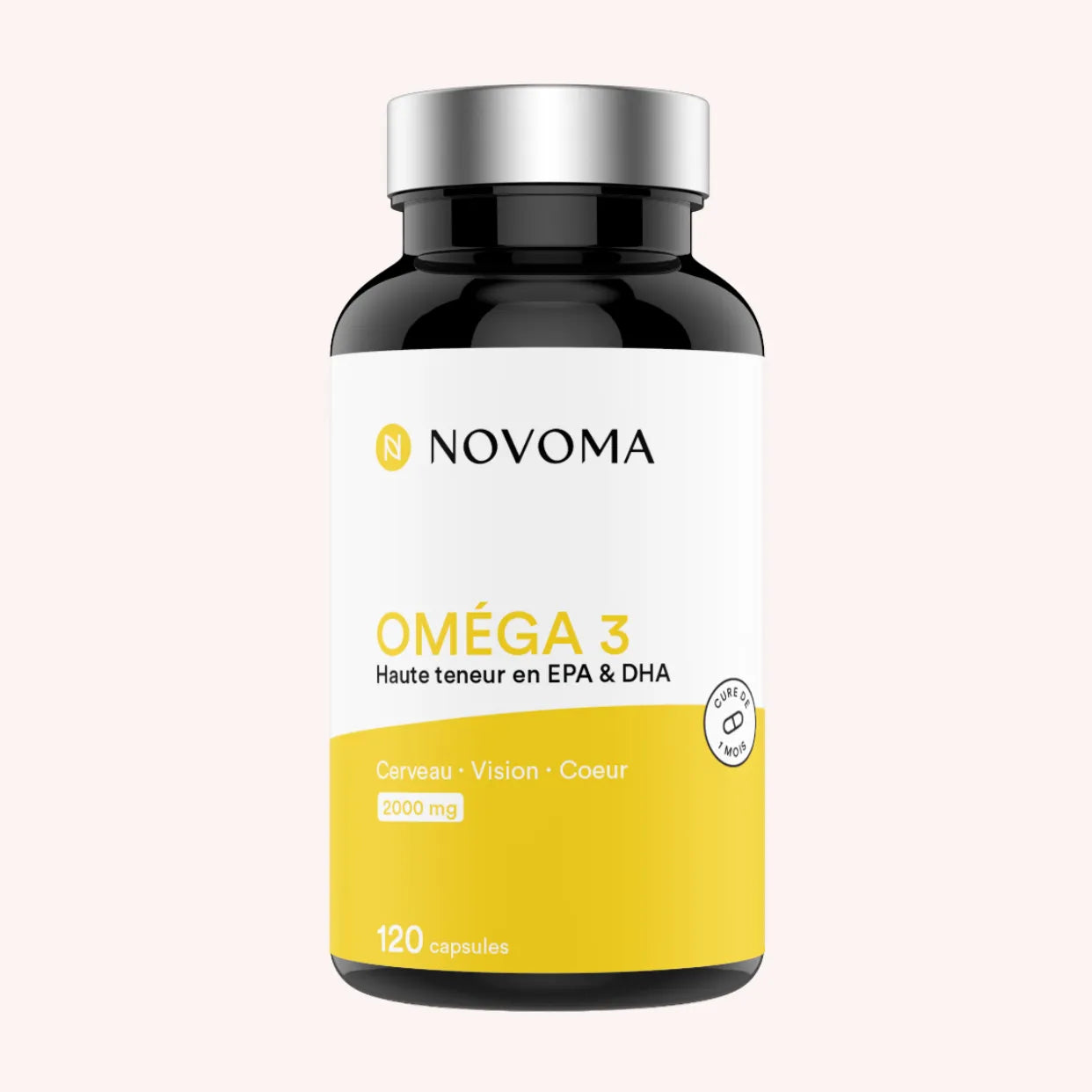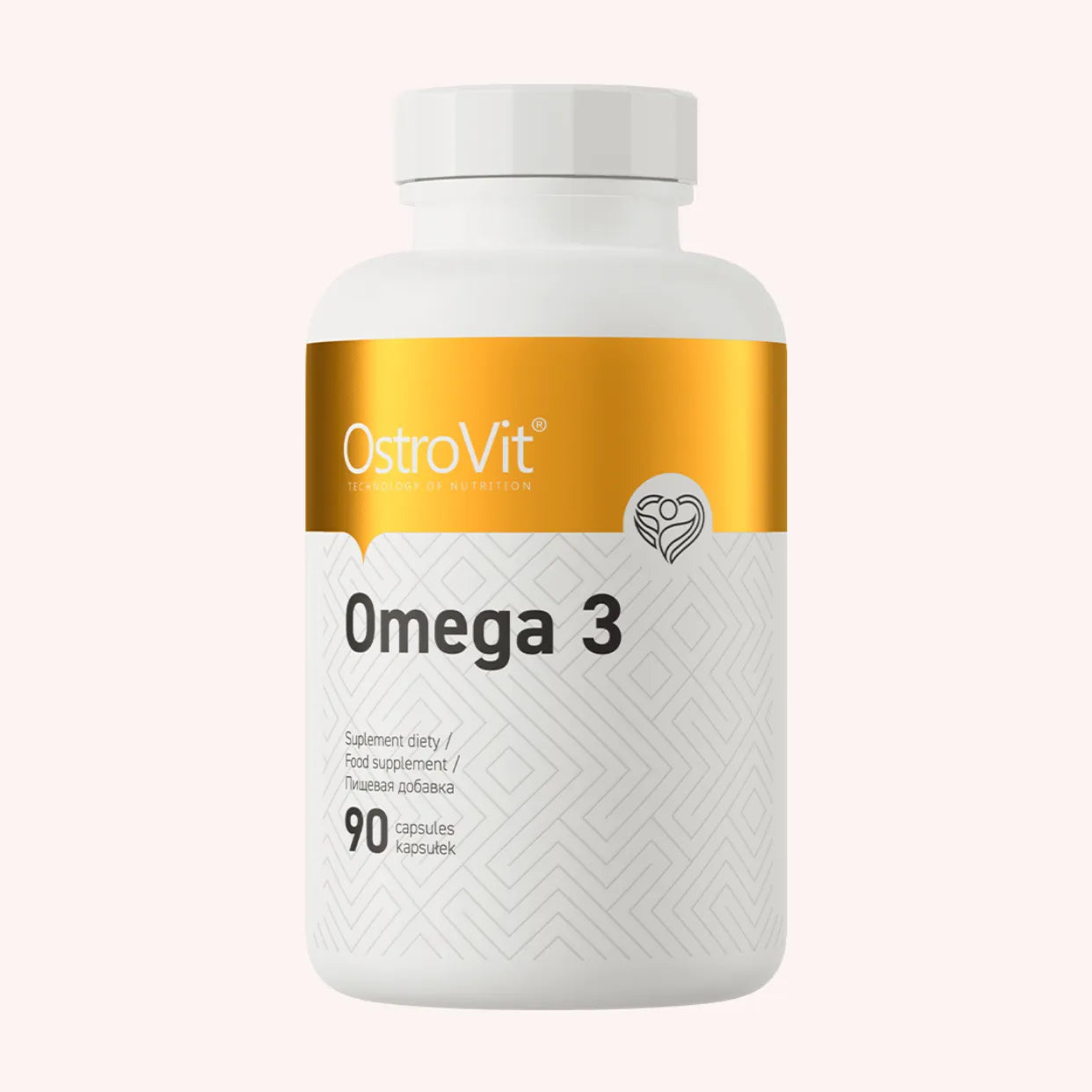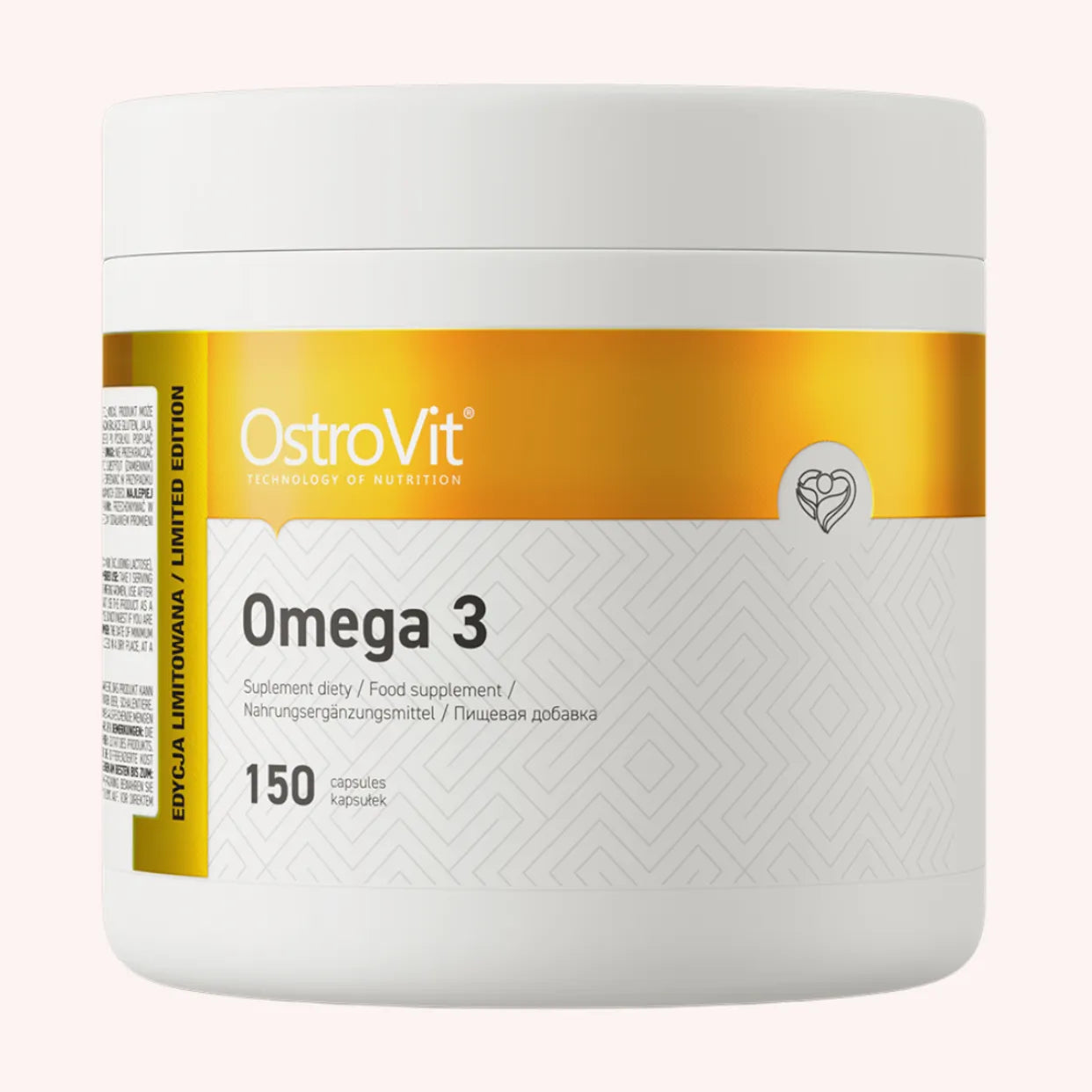Omega-3s are essential fatty acids that play a fundamental role in our bodies. Although our bodies cannot produce them naturally, it is essential to include them in our diet to benefit from their many benefits.
Here we will explore in detail the different advantages and benefits of Omega 3 supplements , particularly for athletes looking to improve their fitness and performance.
What is the role of Omega 3?
Omega 3s are divided into three main types: alpha-linolenic acid ( ALA ), eicosapentaenoic acid ( EPA ) and docosahexaenoic acid ( DHA ).
ALA is found primarily in plant sources such as flaxseeds, walnuts, and vegetable oils. EPA and DHA , on the other hand, are found in high amounts in oily fish such as salmon, mackerel, and sardines.
What are the benefits of omega 3 on our body?
Omega 3s offer a multitude of benefits for the body, and their importance is particularly notable among athletes and those accustomed to significant physical exercise, such as bodybuilding.
Cardiovascular health
Regular consumption of Omega 3 affects the condition of your arteries. EPA and DHA promote blood fluidity , reduce blood pressure and help maintain normal cholesterol levels .
These fatty acids reduce inflammation and improve the dilation of blood vessels.
Brain function
Omega 3s are essential for the brain , making them excellent health supplements. DHA , a major constituent of neurons , participates in the release of nerve impulses and neurotransmitters .
A good intake of DHA improves memory , concentration and contributes to optimal mental balance , beneficial for sleep quality and cognitive performance.
Tissue strengthening
Omega 3 also acts on tissues and skin . They accelerate cell regeneration , which helps relieve inflammation and muscle pain . In addition, they nourish the skin, making it more supple and radiant, while contributing to the health of muscle tissue.
Eye health
DHA makes up about 30% of the retina . Adequate consumption of Omega 3 helps maintain good vision and keep your eyes healthy.
What foods are rich in Omega 3?
Omega 3s are found in a variety of foods. Oily fish such as salmon , tuna , sardines , and mackerel are the best sources of EPA and DHA .
For vegetarians, flax seeds, chia seeds, walnuts , and vegetable oils like canola oil are excellent sources of ALA .
How much omega-3 is in a typical meal?
The recommended intake of omega-3s varies depending on the body, but it's generally recommended to consume between 2 and 5g of EPA and DHA per day to benefit from their health benefits. Here are some examples of meals rich in omega-3s:
- Oily fish (150g cooked salmon): 960 mg EPA and 1665 mg DHA
- ½ avocado (100g): 81 mg of ALA
- Walnuts (30g): 2540 mg of ALA
Why take Omega 3 in food supplements?
It is often difficult to consume enough Omega 3 through a conventional diet alone.
Omega 3 capsule supplementation is therefore a quick and effective solution for increasing your EPA and DHA intake, especially for those whose diet is low in oily fish.
The benefits of Omega 3 capsules in bodybuilding
For athletes, omega 3 is particularly beneficial:
- Muscle Recovery: EPA and DHA reduce inflammation associated with intense training, facilitating recovery after exercise. They help reduce muscle soreness and pain, which is important for bodybuilders.
- Fat Utilization: Omega-3s facilitate the utilization of fat as an energy source, which is especially beneficial during cutting periods . This helps optimize weight loss, especially belly fat. For those wondering how to cut, incorporating omega-3s into your diet can be an effective strategy to improve your results.
- Cardiovascular performance: Thanks to their action on lipid metabolism and blood pressure , Omega 3 improves sports performance by maintaining good cardiovascular health.
How to choose good Omega 3s?
When choosing Omega 3 food supplements , several criteria must be taken into account:
- Quantity and concentration: Make sure the capsules contain a sufficient amount of fish oil with a high concentration of EPA and DHA . The recommended daily dose should be between 2 and 5g of EPA and DHA.
- Capsule Quality: Choose capsules made from fish gelatin rather than bovine or vegetable gelatin, as they are more compatible with fish oil.
- Oil Oxidation: The quality of fish oil depends on its oxidation level. A low oxidation number (TOTox) is an indicator of freshness and quality.
- Certifications and origin: Choose fish oils from sustainable fisheries and certified by labels such as “ Friend of the Sea .” This guarantees exceptional purity and the absence of contaminants such as heavy metals.
When to take an Omega 3 supplement?
The optimal time to consume Omega 3 and the appropriate amount depend on your specific health condition and goals.
It is essential to consult a doctor before starting any supplement. A healthcare professional will be able to make a diagnosis, prescribe an appropriate prescription, and develop a personalized program.
Follow the advice of professionals
For people with specific conditions, it is essential to adhere to the doses prescribed by a doctor. This approach ensures treatment effectiveness and safe use of the supplement.
Regular medical monitoring is often necessary to adjust doses based on the results obtained.
Adapt the program to your goals
Your Omega 3 intake should be aligned with your personal goals. For athletes looking to improve their performance, it's important to follow a strict nutritional routine.
Sources:
- Kromann N: Epidemiological studies in the Upernavik district, Greenland. Incidence of some chronic diseases 1950-1974. Acta Med Scand. 1980, 208(5):401-406. : https://pubmed.ncbi.nlm.nih.gov/7457208/
- Update of the recommended nutritional intakes for fatty acids; Collective expert report; Anses; May 2011: https://www.anses.fr/fr/content/actualisation-des-apports-nutritionnels-conseill%C3%A9s-pour-les-acides-gras-version-int%C3%A9grant-0
- Ciqual 2020 Table: https://ciqual.anses.fr/cms/sites/default/files/inline-files/Table%20Ciqual%202020_doc_Excel_FR_2020%2007%2007.pdf
- Lewis EJ, Radonic PW, Wolever TM, Wells GD. 21 days of mammalian omega-3 fatty acid supplementation improves aspects of neuromuscular function and performance in male athletes compared to olive oil placebo. J Int Soc Sports Nutr. 2015 Jun 18;12:28. doi:10.1186/s12970-015-0089-4. eCollection 2015.: https://www.ncbi.nlm.nih.gov/pmc/articles/PMC4470064/









